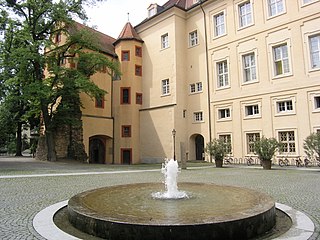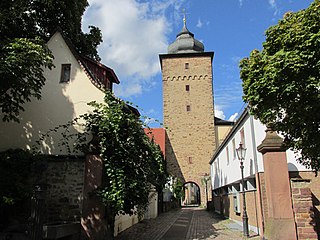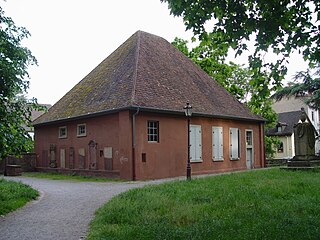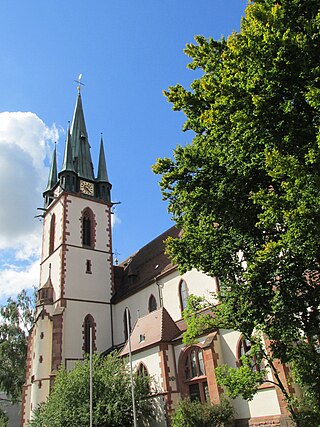Self-guided Sightseeing Tour #2 in Karlsruhe, Germany
Legend
Tour Facts
0.9 km
8 m
Experience Karlsruhe in Germany in a whole new way with our free self-guided sightseeing tour. This site not only offers you practical information and insider tips, but also a rich variety of activities and sights you shouldn't miss. Whether you love art and culture, want to explore historical sites or simply want to experience the vibrant atmosphere of a lively city - you'll find everything you need for your personal adventure here.
Activities in KarlsruheIndividual Sights in KarlsruheSight 1: Karlsburg
Karlsburg Castle in the Durlach district of Karlsruhe characterizes the history of the Baden since 1563. Only the Prinzessinnenbau of the historical building still stands.
Sight 2: Evangelische Stadtkirche
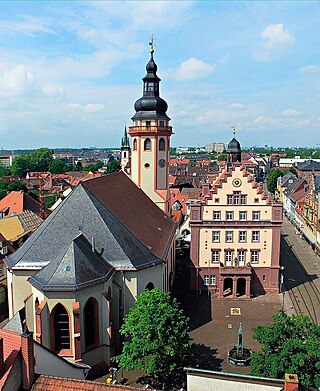
The Durlach City Church is a Protestant hall church in Durlach, whose origins date back to the 13th century. It has been rebuilt several times over the centuries and received its present Baroque appearance in 1701.
Sight 3: Basler Tor
Der Basler Torturm in Durlach, einem Stadtteil von Karlsruhe im nördlichen Baden-Württemberg, ist das letzte erhaltene Stadttor der ehemals markgräflichen Residenzstadt. Der Torturm ist ein geschütztes Kulturdenkmal.
Sight 4: Alter Friedhof
The Old Cemetery was a cemetery in Durlach, Germany.
Sight 5: Sankt Peter und Paul
The Roman Catholic parish church of St. Peter and Paul is a protected cultural monument with the number 01463 according to the Monument Protection Act. It is located in Durlach, a district of Karlsruhe. The parish belongs to the parish of Karlsruhe-Durlach – Bergdörfer in the deanery of Karlsruhe of the Archdiocese of Freiburg.
Share
How likely are you to recommend us?
Disclaimer Please be aware of your surroundings and do not enter private property. We are not liable for any damages that occur during the tours.
GPX-Download For navigation apps and GPS devices you can download the tour as a GPX file.
